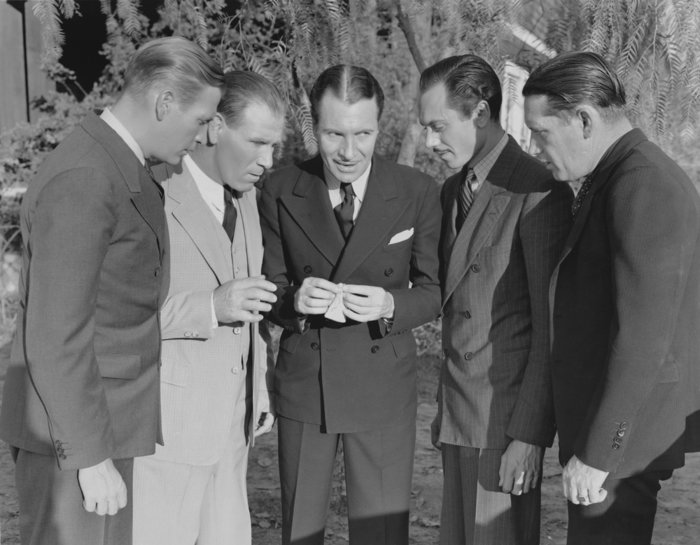
Parol
[pə-ROL]
Part of speech: adjective
Origin: Old French, 15th century
1.
Given or expressed orally.
2.
(Of a document) Agreed orally, or in writing but not under seal.
Examples of Parol in a sentence
"The witness gave her evidence parol, and a stenographer took notes."
"We had used Charlie the roofer before, so we hired him parol, or without a written agreement."
About Parol
“Parol” is borrowed from the Old French “parole,” meaning “spoken words.” (In modern French, the plural “paroles” refers to song lyrics.) Both are based on the Latin “parabola,” which is the basis for the English term “parable,” an allegorical tale.
Did you Know?
In English, “parole” refers to the release of a prisoner temporarily, or on promise of good behavior. These arrangements are now recorded in writing, but the Old French root “parole” literally means “word.” Dropping the “e,” “parol” is used in the legal context to distinguish information delivered orally rather than in sealed, official writing.








